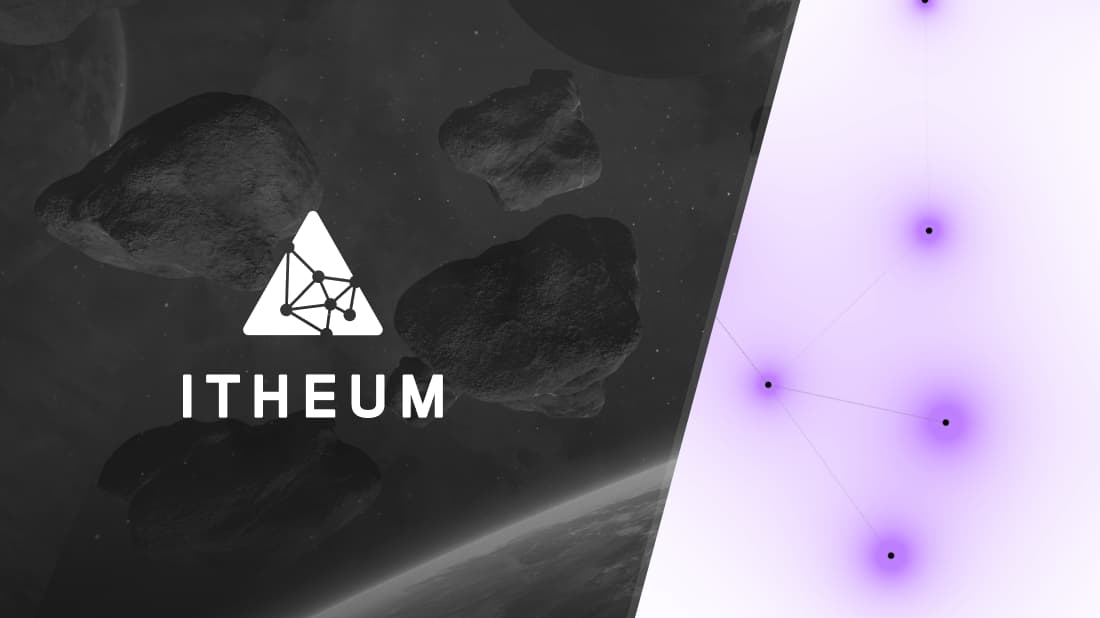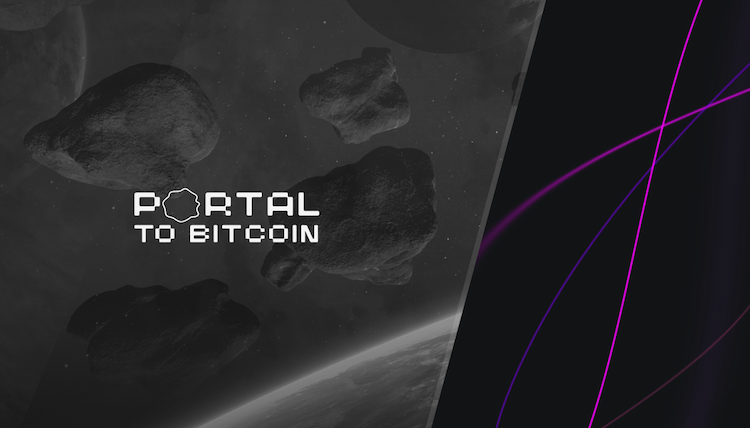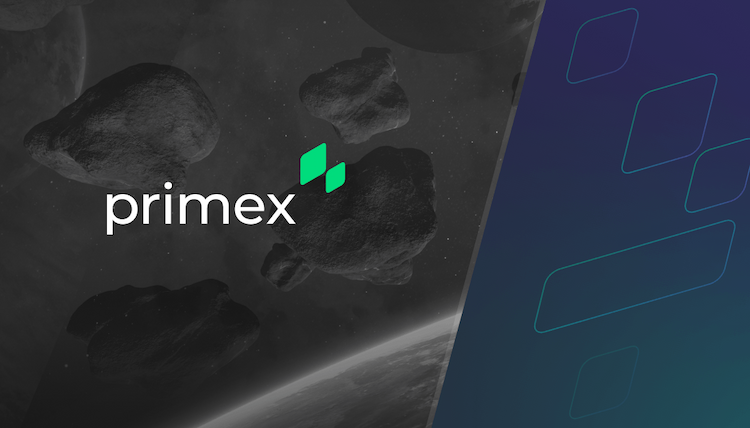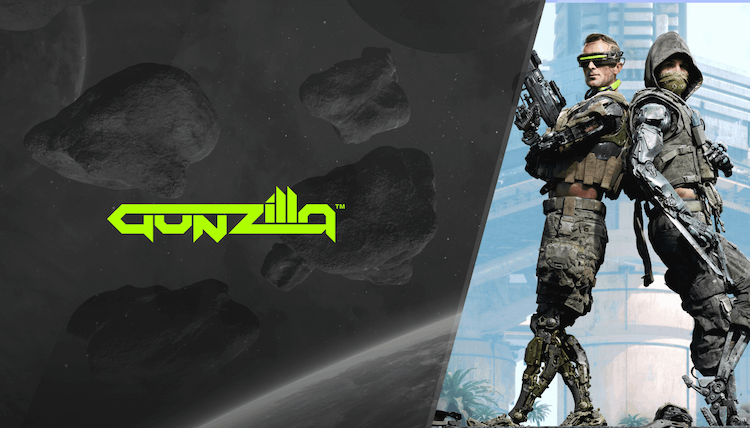
The data industry has long grappled with privacy, ownership, and transparency issues. With the proliferation of digital technologies and the internet, data has become invaluable, shaping how businesses operate and individuals interact. However, this data-driven landscape has raised concerns about who controls and benefits from the vast amounts of personal information generated daily.
In the traditional web2 environment, data collection practices often favor businesses and tech giants, leading to privacy violations and the concentration of power in the hands of a few. Individuals are left with limited control over their own data, and the lack of transparency in how their information is collected and used has sparked numerous controversies. Additionally, the centralized nature of data storage creates vulnerabilities, making data breaches and cyberattacks more frequent and severe.
Itheum, the world’s first decentralized data brokerage platform, and MSV.GG partner is looking to transform the traditional ways of how personal data is handled by leveraging blockchain capabilities. This project review will dive deeper into Itheum, its core products, and tokenomics, as well as analyze the project’s strengths and potential challenges.
What is Itheum - Core Products, NFMe ID, and Claims Portal
At its core, Itheum is a decentralized data trading platform for Web3, which empowers individuals and businesses to engage in data exchange on equal footing. Utilizing the blockchain's transparency and security features, Itheum addresses key challenges the industry faces, including data privacy, ownership, and transparency.
Core Products
Itheum's suite of core products works in synergy to bridge the gap between web2 and web3, enabling the seamless flow of data and its transformation into valuable assets:
- Data Collection & Analytics Toolkit (Data CAT): The Data CAT provides structured and rich personal data collection and analytics tools. Anyone, from individuals to organizations, can use this toolkit to build applications that collect various forms of personal data from users. The toolkit ensures user consent and data traceability, enabling individuals to understand what data is being collected and how it is used.
- Decentralized Data Exchange (Data DEX): The Data DEX is a suite of Web3 tools that facilitate the peer-to-peer trading of personal data. Here, users become Data Creators, owning and trading the data they generate. This innovative approach ensures that individuals have control over their data and can monetize it directly by trading with businesses and entities that find value in their datasets.
- Data Metaverse: To achieve mass adoption and make data ownership accessible to the masses, Itheum introduces the Data Metaverse. This suite includes consumer products that attract a wide audience, particularly in gaming and metaverse communities. These products, such as the NFMe ID (Non-Fungible Me ID) and Data NFTs, abstract complex data ownership concepts into appealing, user-friendly experiences.
NFMe ID
The NFMe ID avatar becomes one’s distinct presence in the Data Metaverse. To create an NFMe ID, users need to set up a "seed profiler job" on the Data DEX, leading to its storage within a user’s wallet. These avatars incorporate "personal data categories" (PDCs), channels through which data flows into protected personal Data Vaults. PDCs encompass diverse aspects like social interactions, financial matters, historical records, and more.
The Data CAT apps from Itheum and other organizations contribute to the PDCs, establishing incentives for data sharing. Personal Data Adaptors further enhance security, capturing on/off-chain data while tethering it to your unique NFMe ID.
As the NFMe ID gathers more data, its evolution unfolds. This progression unlocks novel "accessories," "traits," and "skins," offering you the flexibility to tailor its appearance based on various contexts.
Utility of NFMe ID:
- Enable the NFMe ID as an "authorization key" to access data.
- Engage with the Greenroom to oversee your NFMe ID and interact with fellow users.
- Participate within Data Coalition DAOs, curating or trading data.
- Craft Data NFTs from specific data segments.
The Claims Portal
At the heart of Itheum's ecosystem lies the Claims Portal. This feature is the nucleus for token distributions and incentives within the platform. The portal serves as a mechanism for fair and transparent distribution of $ITHEUM tokens, ensuring that all participants contributing to the ecosystem are adequately rewarded. It orchestrates direct and indirect token distributions, enabling efficient and traceable transactions.
For some background, the Claims Portal is a tool within the Data DEX that distributes data and token rewards, community testing rewards, and data trading fees. Without it, only a direct exchange between Data Consumers and Data Creators would be possible, which, as a stand-alone, halts the potential growth of the project's ecosystem. The Claims Portal is responsible for two types of transactions:
- Distributions route for bulk data trading - Exchanging data via $ITHEUM between Data Creators and the Data Coalition DAO requires distributing the token to all participants of the DAO (i.e., Board members, DAO-aligned Data Creators, and Members). This process requires a "multicast" distribution, meaning that data is collected on DAO smart contracts, deposited into the DC Fund Pool, and finally routed via the Claims Portal to be distributed to all recipients.
- Distribution route to community guardians and data-market makers - Of the 4% fee collected from all data trades coordinated by the Data DEX smart contracts, 2% will be indirectly multicast distributed via the Claims Portal. Specifically, 1% goes back to the community of guardians of the Itheum Protocol. The other 1% is allocated for ecosystem growth via distribution to the Data Partners Program.
Tokenomics
The native token of the Itheum platform is $ITHEUM, a utility token that drives the entire ecosystem. It acts as a means of exchange, enabling users to access data, trade data assets, and participate in platform governance. $ITHEUM is pivotal in the Data DEX, the software key for accessing data rights and facilitating data trading between parties.
$ITHEUM tokens are distributed directly and indirectly to various ecosystem participants. Direct distributions occur when Data Creators trade their data with Data Consumers, facilitated by the Data DEX's smart contracts. Indirect distributions are orchestrated via the Claims Portal, ensuring fair rewards for community guardians, ecosystem growth, and other contributors.
 Founding Team and Seed Funding
Founding Team and Seed Funding
Brothers Mark and Praveen Paul Co-founded Itheum back in 2017. Both coming from a more traditional web2 background, the two set out to create a tool that empowered people to own their own data. Since it’s inception, the team has raised around $6M in seed funding from various backers, including our umbrella brand Morningstar Ventures, Spark Digital Capital, MultiversX, and more.
 Analysis - Strengths and Challenges
Analysis - Strengths and Challenges
Strengths:
- Decentralized Data Empowerment: Itheum leverages blockchain technology to empower individuals by shifting control and ownership of personal data from centralized entities to the data creators themselves. This approach ensures greater privacy, transparency, and user consent, addressing the challenges of data privacy violations and power concentration.
- Comprehensive Core Products: Itheum offers a suite of core products that comprehensively tackle the data privacy and ownership issues of the web2 environment. The Data CAT toolkit enables responsible data collection and analytics, the Data DEX facilitates peer-to-peer data trading, and the Data Metaverse introduces user-friendly experiences like NFMe IDs and Data NFTs. These products work together to bridge the gap between traditional and decentralized data ecosystems.
- Fair Token Distribution and Incentives: The Claims Portal serves as a crucial mechanism for fair and transparent token distribution within the Itheum ecosystem. This ensures that all participants contributing to the platform, including data creators, community guardians, and ecosystem contributors, are rewarded adequately. The portal's design for bulk data trading and fee distributions incentivizes active participation, fostering a vibrant ecosystem.
Challenges
- Mass Adoption and User Education: While the concept of decentralized data ownership is innovative and promising, achieving mass adoption might pose challenges. Educating users about blockchain technology, data ownership, and the benefits of the Itheum ecosystem could be a hurdle, especially considering the complex nature of these concepts.
- Regulatory and Legal Landscape: The data industry is subject to evolving regulations around privacy, data protection, and digital assets. Itheum's decentralized approach to data trading and ownership might encounter regulatory challenges or uncertainties in various jurisdictions. Navigating the legal landscape and ensuring compliance with diverse regulations could be a significant challenge.
What's Next for Itheum?
Itheum is always looking for partners to build applications and solutions on its tech stack. If you are interested or curious, the Itheum team has a fully transparent roadmap published on its website and hosts regular Tech Town Halls to walk the community through the latest news.
Learn more about Itheum ⬇️
🌐 Official website: https://www.itheum.io/
📡 Official Global Telegram Community: https://t.me/itheum
🐦 Official Twitter: https://twitter.com/itheum?s=20&t=EQZdeuQqeNfnpy0-tbRHfQ
📜 Medium: https://itheum.medium.com/
🕹️ Discord channel: https://itheum.io/discord
🎥 YouTube channel: https://youtube.com/itheum
Related Project Reviews

Portal to Bitcoin - Custodyless Cross-chain Infrastructure Built for Bitcoin
In this month’s review, we explore Portal, a custodyless cross-chain infrastructure built for Bitcoin, its innovative BitScaler and PortalOS solutions, the recent Aurelia Testnet launch, and how it enhances Bitcoin’s scalability and utility for DeFi applications.
1
Dec 11, 2024


